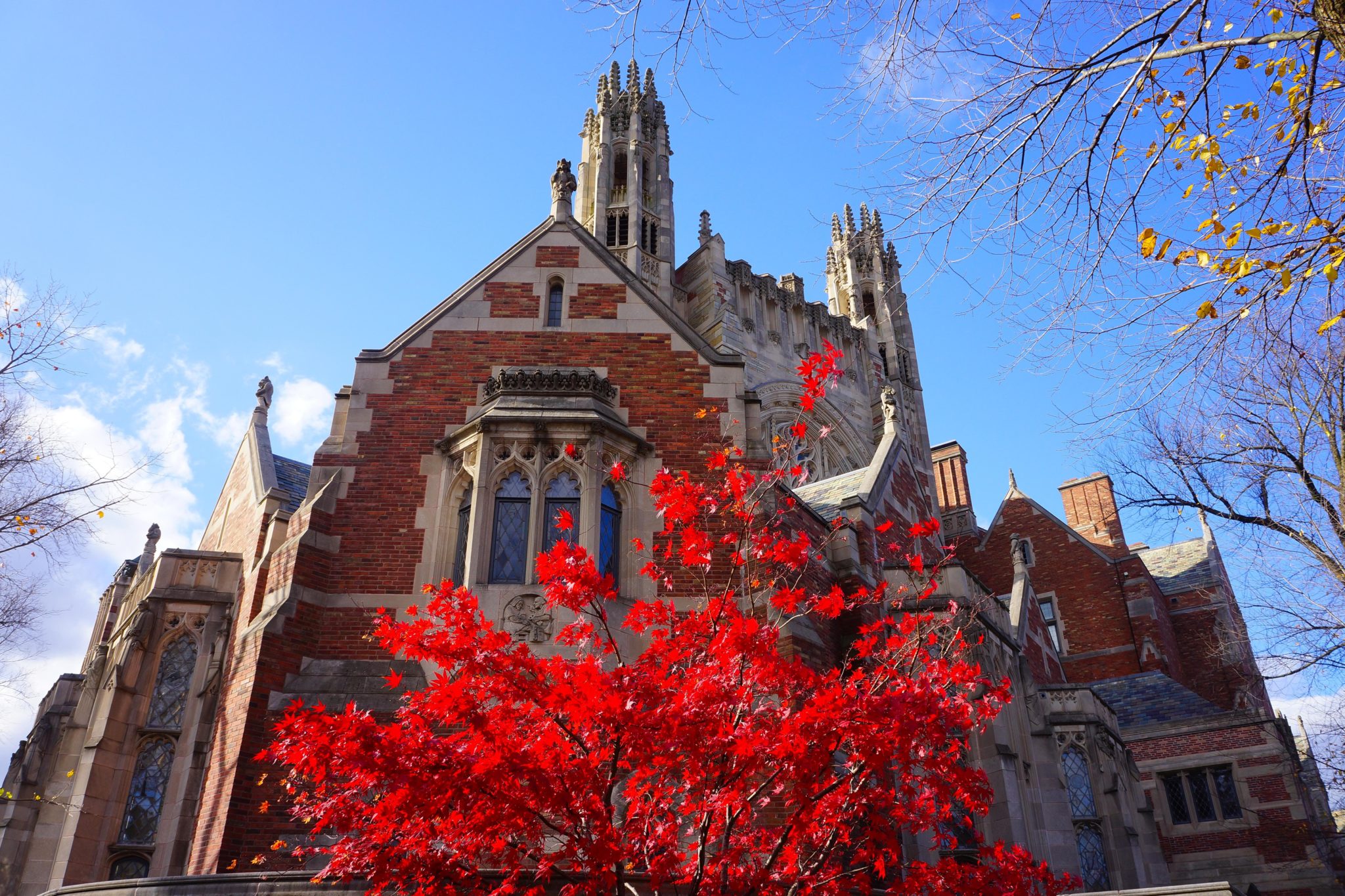
Yale Law School announced Jan. 10 that it received two gifts totaling $13 million to create a human rights fund and endow a professorship in the field.
The donation came from the Minneapolis-based Robina Foundation, established by Jim Binger ’38 to provide financial support for four institutional partners, including Yale. The Law School is matching the gift with $5 million from an anonymous donor and plans to raise anther $1 million through various fund raising methods. The $19 million in total will be used to establish a Binger Clinical Professorship in Human Rights and create the Robina Human Rights Initiative Endowment Fund that will support fellowships and various academic programs in human rights.
“The grant permanently endows many of the programs that are at the heart of our human rights program,” said James Silk LAW ’89, the inaugural Binger Clinical Professor of Human Rights and the director of the Law School’s Orville H. Schell, Jr. Center for International Human Rights.
The donation marks the largest gift from the foundation to the Law School and the ninth year of continued partnership between the two institutions. Since 2008, the Robina Foundation has provided $22 million to establish new and support existing human rights programs at the Law School and Yale College.
The endowment fund will support an array of human rights fellowships for students and recent graduates of the Law School as well as need-based scholarships for students interested in the discipline. It will also be used to bring human rights fellows including scholars and activists to the school and fund some major aspects of the Allard K. Lowenstein International Human Rights Clinic and the Yale Multidisciplinary Academic Program in Human Rights.
While many of these programs began before receiving support from the Robina Foundation in 2008 — for instance, the school had its own funds for fellowships and visiting scholars — the foundation’s support assures the continuance of such programs in the future, Silk said.
The generosity of the foundation has always been met with enthusiasm from the law school community.
“To give just a few examples, during my time in the Law School, available human rights funding made it possible for me to spend a summer in London working to end capital punishment in commonwealth countries, to spend a week providing legal assistance to women in family immigration detention facilities in Texas, and to visit Liberia to research and propose governance reforms to combat human rights abuses on plantations,” said Elizabeth Leiserson LAW ’17, a student director of the Lowenstein International Human Rights Clinic and a recipient of several fellowships funded by the foundation. “This gift will help give future generations of students similar opportunities to work on the human rights issues nearest and dearest to their hearts.”
According to the law school website, the fellowships established through the foundations also allowed other students to have similar experiences. For instance, Julie Hunter LAW ’13 to spend almost two years working at the European Court of Human Rights and at the Office of the Commissioner of Human Rights at the Council of Europe. Hunter noted that without the foundation’s help, she would not have been able to learn and practice human rights with lawyers from 47 different countries.
“These are enormously important programs for enabling students to pursue careers in the public interest generally, and human rights, in particular,” Silk said. “The Robina support guarantees this funding for a significant number of students interested in human rights.”
The Robina Foundation also supports the Abbott Northwestern Hospital in Minneapolis, the Council on Foreign Relations and the University of Minnesota Law School for which it also funds some human rights programs.
At Yale, the foundation has provided funds to the Drama School and the Repertory Theatre.







